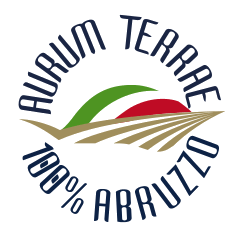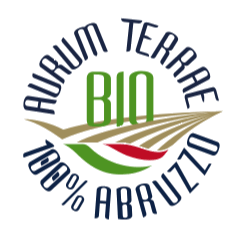All the supply chains have the purpose of enhancing the Italian product, distinguishing high quality products from others, this thanks to the intervention of the company that offers the farmer the correct production address according to the geographical area of production, based on the characteristics pedo-climatic conditions in which it finds itself operating and cultivating.
Following a product, step by step, in every moment from its creation to distribution means knowing everything about what we eat. The Tulli Cereal Culture Group has always collaborated and agreed with all the players in the supply chain, from research laboratories to industries to farmers, to be able to guarantee its customers the maximum transparency of its product. All those who participate in supply chain projects benefit greatly from being part of this production system: maximum sharing, guaranteeing compliance with hygiene-health parameters, identifying each participant, promptness in the event of critical issues, and greater possibilities to obtain quality certifications and new prospects for collaboration..
Furthermore, the advantages of the supply chain involve the final consumer since knowing perfectly every production step means having a final product that is always traceable, controlled and guaranteed. According to these principles, Tulli Cereal Culture has created four food supply chains: the wheat and durum wheat supply chain, the soft biscuit chain, the organic supply chain and the tomato supply chain for industries.
1. Analysis and selection of genetics
A product of our food chains is born after a careful cross between the various qualities of Italian seeds.

2. Selection and control of the seed
A product of our supply chains is controlled seed by seed.

3. Selection and control of the land
The products of our supply chains grow only in the best soils.

4. Sowing control
A product of our supply chains always finds the right position.

5. Growth control
A product from our supply chains is never left alone.

6. Collection control
A product from our supply chains is not collected but “accepted”.

7. Storage control
A product of our supply chains rests before being worked.

8. Analysis of manufacturing companies
A product of our supply chains arrives only in the best companies.

9. Processing control
A product of our supply chains always and only gives the best of itself.



